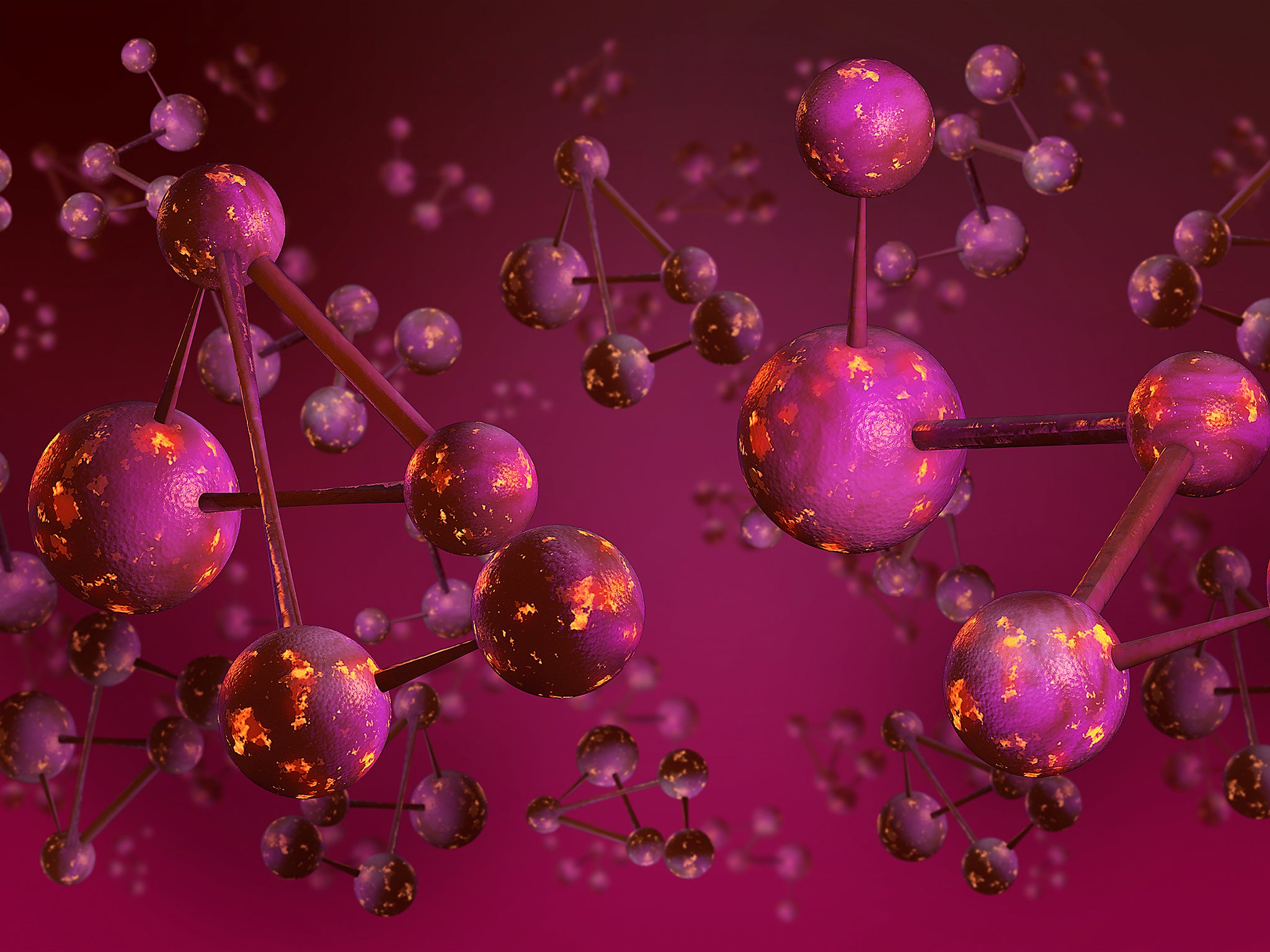Robot chemist could revolutionise study of new molecules through machine learning
Researcher Lee Cronin hopes the device will lead to discoveries of new drugs

Your support helps us to tell the story
From reproductive rights to climate change to Big Tech, The Independent is on the ground when the story is developing. Whether it's investigating the financials of Elon Musk's pro-Trump PAC or producing our latest documentary, 'The A Word', which shines a light on the American women fighting for reproductive rights, we know how important it is to parse out the facts from the messaging.
At such a critical moment in US history, we need reporters on the ground. Your donation allows us to keep sending journalists to speak to both sides of the story.
The Independent is trusted by Americans across the entire political spectrum. And unlike many other quality news outlets, we choose not to lock Americans out of our reporting and analysis with paywalls. We believe quality journalism should be available to everyone, paid for by those who can afford it.
Your support makes all the difference.Scientists have created a robot chemist that could revolutionise the way new molecules are discovered, using machine learning techniques.
Chemists from the University of Glasgow have trained an artificially-intelligent organic chemical synthesis robot to automatically explore a very large number of chemical reactions.
The system, underpinned by machine-learning algorithms, can uncover new reactions and molecules.
It is hoped the results could lead to lower costs for discovering new molecules for drugs, new chemical products including materials, polymers and molecules for high tech applications like imaging.
The team demonstrated the system’s potential by searching around 1,000 reactions using combinations of 18 different starting chemicals.
After exploring only around 100 of the possible reactions, the robot was able to predict with over 80 per cent accuracy which combinations of starting chemicals should be explored to create new reactions and molecules.
By exploring these reactions, the scientists discovered a range of previously unknown new molecules and reactions, with one of the reactions classed to within the top 1 per cent of the most unique reactions known.
The approach was designed and developed by a team lead by Professor Lee Cronin, the University of Glasgow’s Regius Chair of Chemistry.
He said: “This approach is a key step in the digitisation of chemistry, and will allow the real time searching of chemical space leading to new discoveries of drugs, interesting molecules with valuable applications, and cutting cost, time, and crucially improving safety, reducing waste, and helping chemistry enter a new digital era.”
The team hope the result will help pave the way for the digitisation of chemistry and developing new approaches to chemistry using a digital code which drives autonomous chemical robots.
The findings are outlined in a new paper published on Wednesday in the journal Nature.
The research is funded by the University of Glasgow complex chemistry initiative as well as the European Research Council and the Engineering and Physical Sciences Research Council.
Press Association
Join our commenting forum
Join thought-provoking conversations, follow other Independent readers and see their replies
Comments